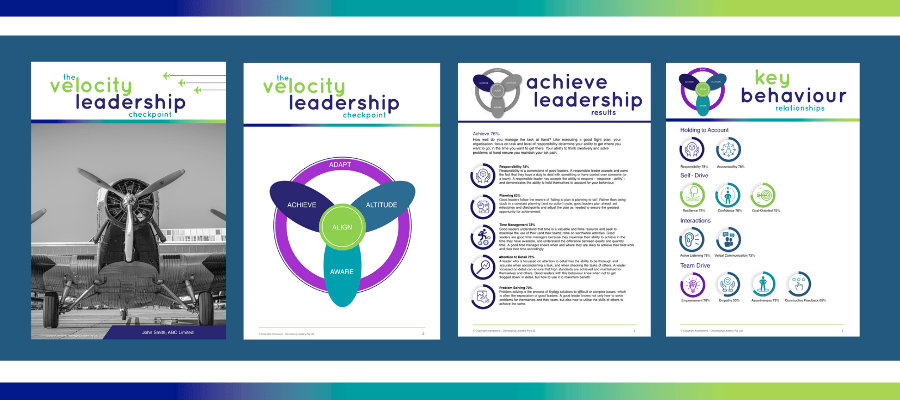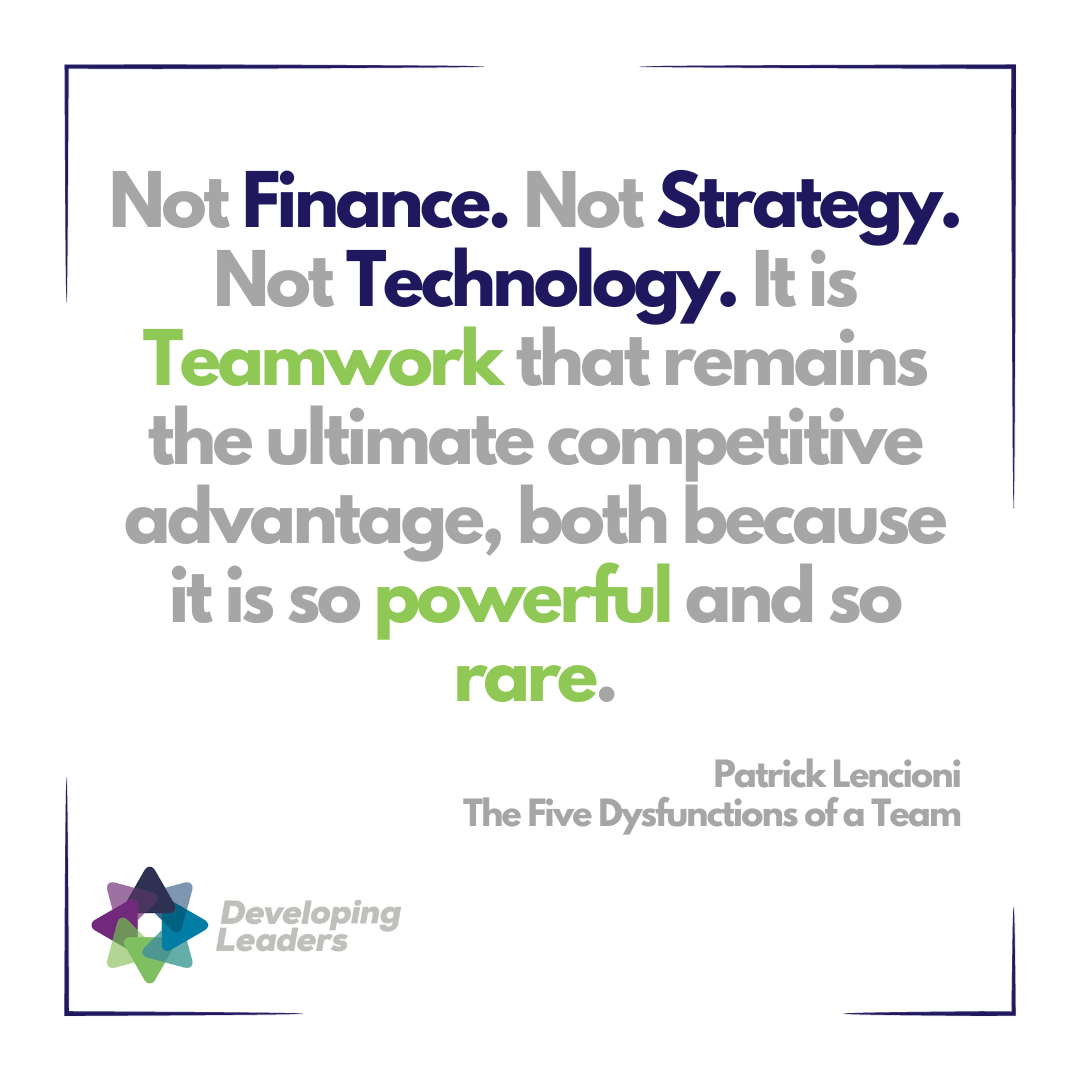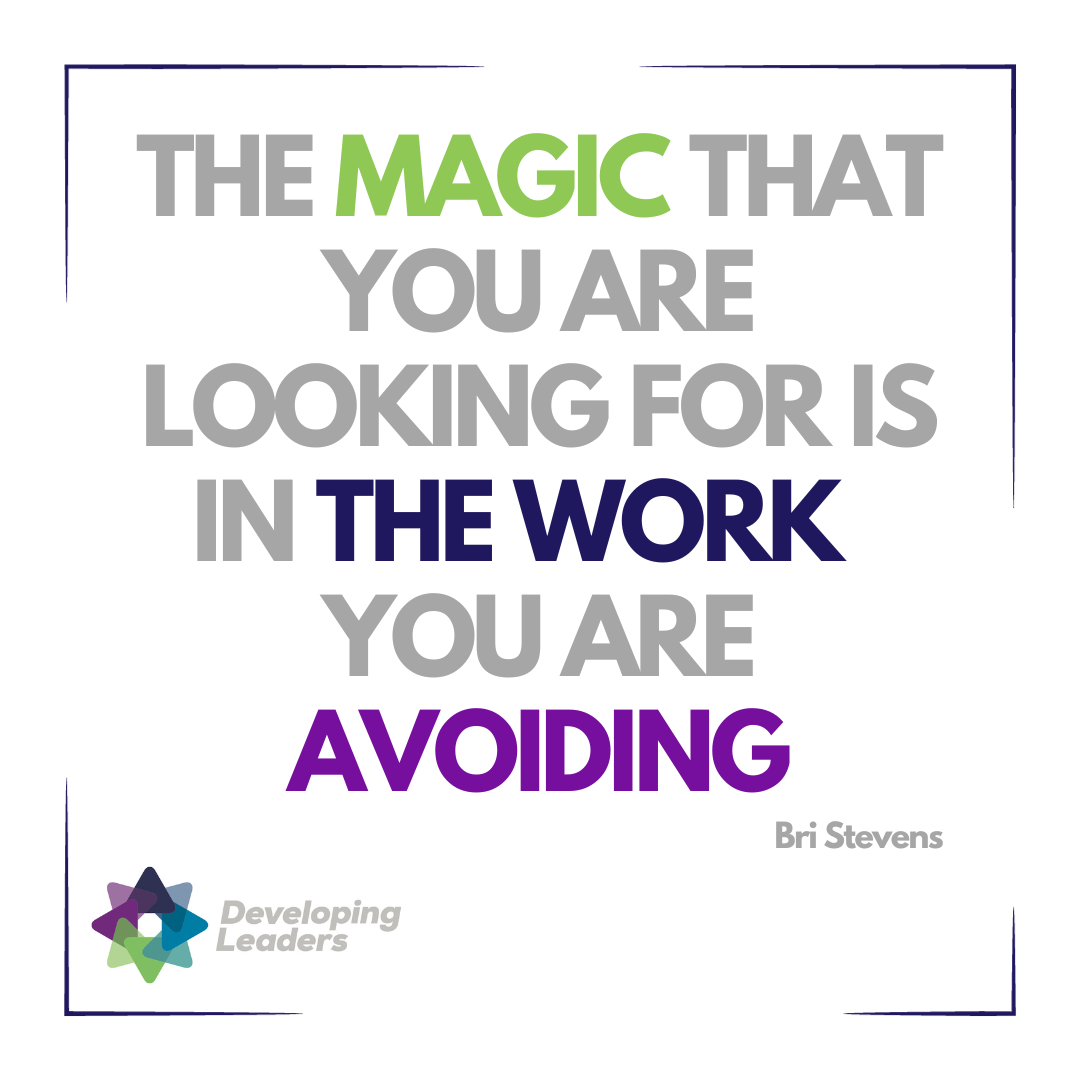Leadership plays a pivotal role in determining success or failure in a business. A leader’s impact permeates through teams, shaping culture, productivity, and ultimately, the bottom line. Recognising the signs of incompetence in potential leaders before they assume critical roles is a skill every leader and business owner should possess.
As an experienced executive leadership coach, I’ve witnessed firsthand the fallout of poor leadership choices and can guide you through the red flags that should give you pause. It was one of the reasons that I developed our leadership assessment – the Velocity Leadership CheckPoint (VLC) – to assess 25 key behavioural leadership traits, which is used both as a recruitment indicator and a start point for our Executive Leadership Coaching programs.
I have highlighted 19 points (I know – I really wanted 20 or 21!) to consider when recruiting or interviewing for a new leader or manager in your business, and the relevant Velocity Leadership CheckPoint score that could reinforce or back up your questions and instincts.
1. Lack of Self-Awareness:
Incompetent leaders often lack self-awareness. During interviews or assessments, observe how candidates reflect on their past experiences, acknowledge their mistakes, and demonstrate a commitment to personal growth. Leaders who can’t recognise their own shortcomings may struggle to adapt and improve.
VLC Score: Self-Awareness
2. Limited Adaptability:
Leaders who resist change or exhibit a rigid mindset may find it challenging to navigate dynamic challenges. Assess a candidate’s adaptability by discussing instances where they faced unexpected hurdles and the strategies they employed to overcome them.
VLC Score: Adaptability
3. Poor Communication Skills:
Effective communication is the lifeblood of successful leadership. Pay attention to a candidate’s ability to articulate ideas, actively listen, and provide constructive feedback. Leaders who struggle to communicate clearly may sow confusion within their teams, and seek to blame others later.
VLC Score: Active Listening, Verbal Communication

Leadership is a relationship-driven endeavour. Leaders who fail to build rapport, trust, and collaboration within their teams may struggle to inspire loyalty and motivation. Probe candidates on their past experiences in team settings and their approach to fostering positive relationships.
5. Resistance to Feedback:
A leader’s journey involves continuous growth, and feedback is an integral part of that process. Beware of candidates who bristle at the idea of receiving constructive criticism or who seem closed off to different perspectives. Effective leaders embrace feedback as a tool for improvement. Also ask for examples of how they given constructive feedback – is it to ‘build up’ or ‘pull down’ a team member?
VLC Score: Constructive Feedback
6. Micromanagement Tendencies:
Micromanagement stifles innovation and demoralises teams. During the recruitment process, assess a candidate’s approach to delegation and empowerment. Leaders who struggle to trust their teams will limit your businesses ability to grow.
VLC Score: Empowerment
7. Inability to Inspire and Motivate:
Great leaders inspire others to achieve their best. Look for candidates who can share stories of motivating their teams, fostering a positive work environment, and celebrating successes. Leaders who lack the ability to inspire may struggle to galvanise their teams toward common goals.
VLC Score: Influence
8. Ego-driven Decision Making:
Leaders who prioritise the greater good of the team and the organisation over their personal ambitions provide greater benefit to your organisation. Be wary of candidates who consistently showcase decisions driven by ego (listen for ‘I’ statements rather than ‘we’ statements) rather than a genuine commitment to the organisation’s success.
VLC Score: Planning, Problem Solving
9. Attitude to Learning:
What is their attitude to leadership coaching and training? In my experience, the worst / incompetent leaders have a narcissistic streak that results in a ‘I already know it all’ attitude, and they are unlikely to accept any form of training for themselves. The best leaders almost always seek further coaching / training to develop their skills.
10. Inconsistent Values Alignment:
A leader’s values should align with those of the organisation. Look for candidates who can articulate their core values and demonstrate how they align with your business mission and purpose. Misalignment in values can lead to cultural clashes and decreased team morale.
11. Overemphasis on Authority:
Leadership isn’t about wielding authority; it’s about influencing and inspiring. Leaders who place too much emphasis on their title or position may struggle to earn the genuine respect and loyalty of their teams.
VLC Score: Responsibility & Accountability (score differential)

Competent leaders prioritise the growth and development of their team members. Ask candidates about their experiences in developing and mentoring others. Leaders who neglect this aspect may hinder the overall progression of the organisation.
13. High Turnover in Past Teams:
A history of high turnover within a candidate’s past teams can be a glaring red flag. Investigate the reasons behind team members leaving and discern whether they point to leadership shortcomings.
14. Limited Resilience:
Leadership is often synonymous with resilience. Inquire about a candidate’s experiences in overcoming setbacks and challenges. Leaders who crumble under pressure may not be equipped to steer the ship through turbulent waters.
VLC Score: Resilience, Commitment
15. Inadequate Conflict Resolution Skills:
Conflict is inevitable in any workplace. Leaders who lack the ability to navigate and resolve conflicts may allow issues to fester, leading to a toxic work environment. Where has the leader sought to create an environment for robust conversations? Do they have the ability to diffuse tension or do they seem to create it?
VLC Score: Constructive Feedback
16. Failure to Set Clear Expectations:
Leaders should provide clear guidance and expectations for their teams. Candidates who struggle to articulate how they set expectations and communicate goals may face challenges in leading effectively.
17. Poor Time Management:
Time is a valuable resource, and leaders must manage it wisely. Assess a candidate’s time management skills by exploring how they prioritise tasks, delegate responsibilities, and handle competing demands.
VLC Score: Time Management
18. Lack of Empathy:
Empathy is a cornerstone of effective leadership. Leaders who cannot empathise with their team members may struggle to understand and address the diverse needs of their workforce.
VLC Score: Empathy
19. Inability to Learn from Failures:
Failure is an inevitable part of leadership. Leaders who cannot extract lessons from failures and adapt their approach may repeat the same mistakes, hindering the organisation’s progress.
Avoiding the pitfalls of hiring an incompetent leader requires a keen eye for behavioural cues and a thorough assessment of a candidate’s past experiences. As a leader, manager or small business owner, invest time in probing beyond resumes and skill sets, delving into the nuances of a candidate’s leadership style and mindset. This can be done with planning and consideration of factors such as the list above, delving into what drives you ‘gut feel’, and backing it up with data from a tool like the Velocity Leadership CheckPoint. The future success of your business depends on the quality of its leaders, and your discernment can be a crucial factor in steering it.
Looking to Recruit a New Leader To Your Business?
As highlighted in the article, the Velocity Leadership CheckPoint can provide some crucial indicators of a leaders performance and ability as part of a recruitment process. The Velocity Leadership Checkpoint considers 25 behavioural leadership traits (including the ones listed above in the article), focussed in 5 distinct leadership capabilities: Achievement, Alignment, Awareness, Altitude, and Adaptability. This allows you to gain a clear understanding of your current performance and provides a platform for growth and development.

If you think the Velocity Leadership CheckPoint could be useful for you or business, connect through the Contact Page, follow the link to chat via Calendly or reach me at michael@developingleaders.com.au







